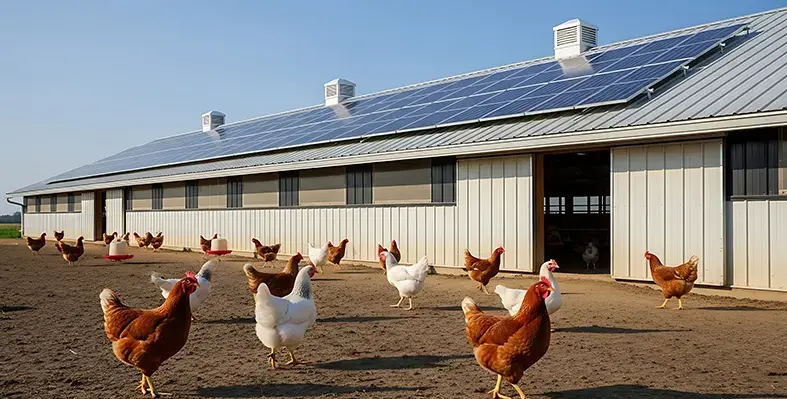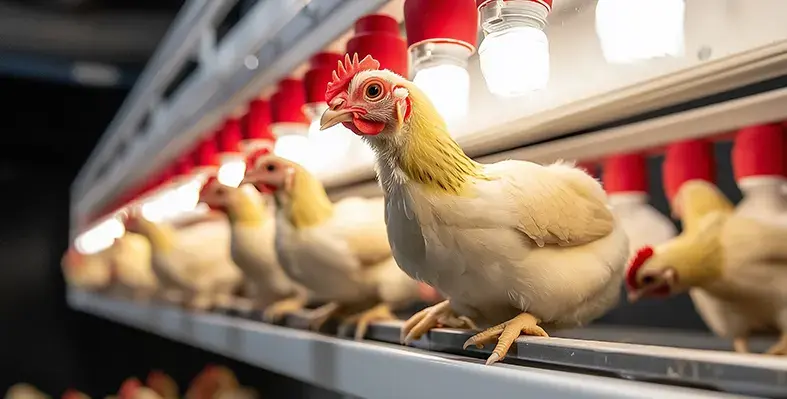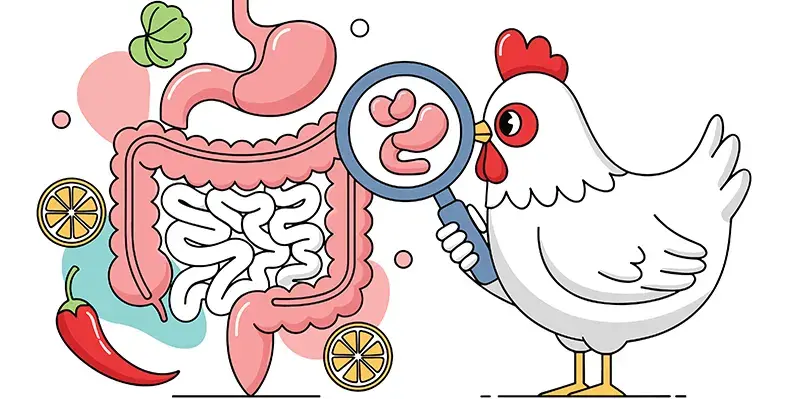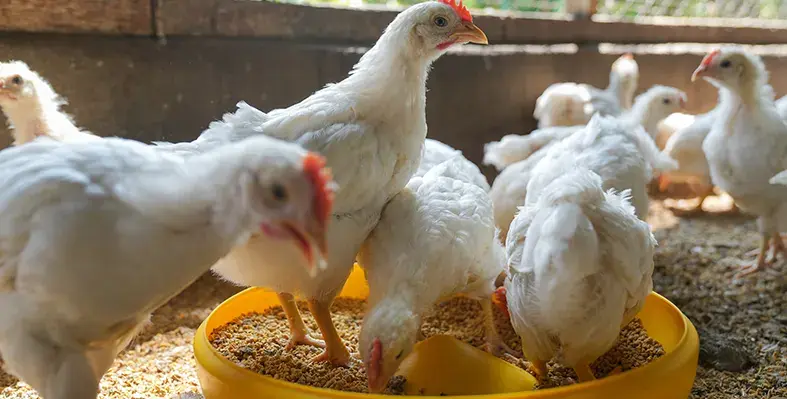
An AGRA-led matchmaking platform designed to connect agribusinesses with investors and financiers. (Image credit: AGRA)
The Poultry Futures Forum 2025 has officially opened in Lusaka, marking a pivotal moment for Southern Africa’s ambition to build stronger, more resilient poultry value chains.
Led by AGRA under the Southern Africa Poultry Initiative (SAPI), the Forum calls for a decisive shift from fragmented national interventions to a unified regional strategy. AGRA stressed that coordinated action is essential to boost production, reduce feed costs, enhance climate resilience and unlock deeper private sector investment while championing innovation and the leadership of young entrepreneurs.
The event has drawn an influential mix of stakeholders, including SADC government representatives, commercial poultry businesses, grain processors, researchers, financiers and agri-preneurs. Their shared goal is to accelerate practical, cross-country collaboration to resolve the structural challenges that continue to hold back the growth of the poultry industry.
This year’s Forum builds on the outcomes of the inaugural meeting held in Dar es Salaam in 2024, where delegates agreed on the need for a shared regional roadmap. Over the past year, several countries have made meaningful progress by aligning national action plans with the overarching regional poultry agenda, showing growing commitment to collective development.
In his opening message, AGRA Board Chair, H.E. Hailemariam Dessalegn, highlighted the momentum already taking shape, stating: “Over the past year, we have seen encouraging momentum. Several countries have developed national poultry action plans. Youth entrepreneurs are bringing new digital solutions to production and marketing. Most notably, we have launched the Poultry Feed Accelerator Grand Challenge – a direct response to the number one constraint identified by producers across our region: the high and volatile cost of feed. This initiative invites innovators, researchers and investors to present breakthrough ideas that can lower feed costs while improving quality and sustainability.”
True to its mission of inclusive growth, the Forum places young people and women at the centre of its agenda. A dedicated Youth Poultry Forum and Innovation Pitch provides a platform to showcase emerging entrepreneurs whose innovations are addressing key industry challenges from feed technology and disease control to climate resilience and market access. AGRA aims to spotlight these rising leaders who are shaping a more dynamic and competitive poultry sector across the continent.
Peter Kapala, Zambia’s Minister of Fisheries and Livestock, said, “The government of Zambia has prioritized poultry development under the eighth National Development Plan (8NDP) and the Comprehensive Agriculture Transformation Support Programme (CATSP), in alignment with the Comprehensive Africa Agriculture Development Programme (CAADP). Zambia takes pride in its position as a regional leader, particularly in the export of day-old chicks and specialty birds such as quails. The government is committed to creating an enabling environment to strengthen the domestic and regional poultry market, safeguard local producers, and promote value addition. This commitment includes: inclusive policies that empower smallholder farmers, women, and youth, improved access to quality feed, veterinary services, and climate-smart practices, promotion of affordable technology and digital advisory services.”
Throughout the Forum, discussions will explore opportunities for greater private sector collaboration, particularly in expanding regional feed manufacturing capacity and reinforcing input supply chains. Delegates will also examine how climate-resilient production systems and improved disease management strategies can support long-term sector sustainability. These include new genetics and animal health solutions designed to strengthen productivity even under climate stress.
SAPI Technical Lead Alexander Stewart, said, “The Poultry Futures Forum high-level discussions and working sessions are focused on aligning policy and regulatory frameworks to improve cross-border trade and market integration across SADC. Through this coordination, the partners aim to help countries draft and refine national poultry action plans that align with regional goals for food security and economic growth.”
A major highlight of the event is the Deal Rooms, an AGRA-led matchmaking platform designed to connect agribusinesses with investors and financiers. These sessions aim to accelerate enterprise growth across the value chain from feed production and processing to cold chain logistics and packaging ultimately supporting a more competitive and sustainable poultry sector for the region.








